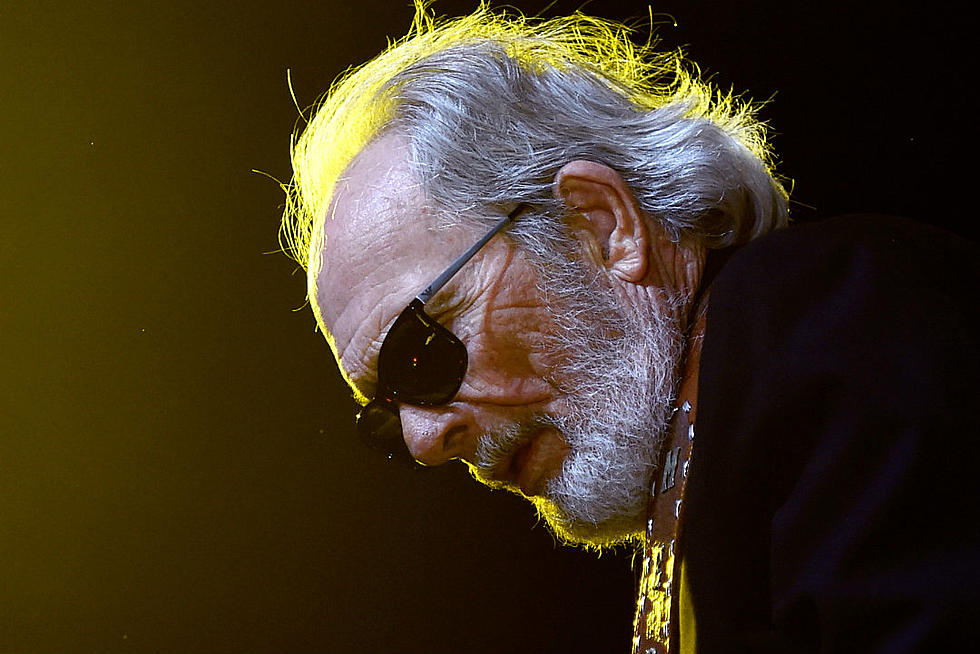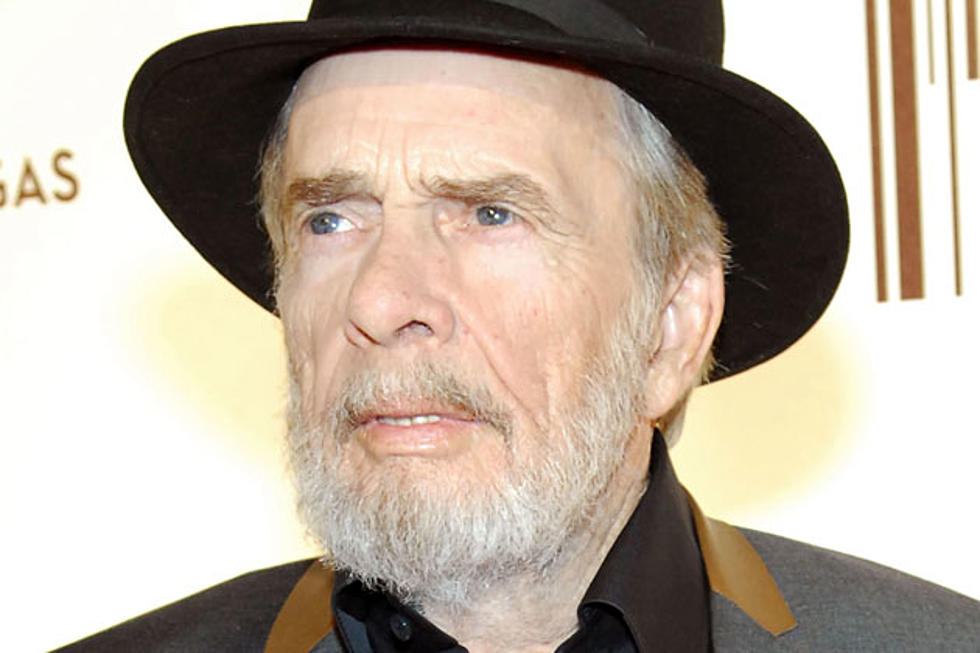![Before They Were Legends: Merle Haggard [VIDEO]](http://townsquare.media/site/184/files/2012/01/merle-haggard1-505x630.jpg?w=980&q=75)
Before They Were Legends: Merle Haggard [VIDEO]
Haggard's father died when Merle was nine years old. He soon began committing petty crimes and truancy. Due to shoplifting in 1950 (aged thirteen), Merle was sent to a juvenile detention center.
Merle Haggard was born in Oildale, California, in 1937. His parents, James Francis and Flossie Mae (née Harp) Haggard, moved from Oklahoma to California during the Great Depression. At that time, much of the population of Bakersfield consisted of migrant workers from Oklahoma and surrounding states. Haggard spent his childhood in Oildale, a hardscrabble suburb of Bakersfield home to many workers in the adjacent Kern River Oil Field. His maternal grandmother, Zonda Lyons Harp (1881-1971), is the subject of his 1972 hit "Grandma Harp."
Haggard's father died when Merle was nine years old. He soon began committing petty crimes and truancy. Due to shoplifting in 1950 (aged thirteen), Merle was sent to a juvenile detention center. In 1951, aged 14, Haggard ran away to Texas with a friend, but returned that same year and was arrested for truancy and petty larceny. Again escaping the juvenile detention center, he went to Modesto, California. He worked odd jobs—legal and not—and began performing in a bar. Once he was found again, he was sent to the Preston School of Industry, a high-security installation. He was released fifteen months later, but was sent back after beating a local boy during a burglary attempt. After his fourth release, Haggard saw Lefty Frizzell in concert with his friend, Bob Teague. After hearing Haggard sing along to his first two songs Frizzell allowed Haggard to sing at the concert. The audience enjoyed Haggard and he began working on a full-time music career. After he had earned a local reputation, Haggard's money problems caught up with him. He was arrested for attempting to rob a Bakersfield tavern in 1957 and was sent to the San Quentin state prison for three years.
While in prison, Haggard ran a gambling and brewing racket from his cell. During a time of solitary confinement, he encountered an alcoholic mathematician and death row inmate, Drunk Adam. Haggard had the opportunity to escape with a fellow inmate (nicknamed "Rabbit") but passed. The inmate successfully escaped, only to shoot a police officer and return to San Quentin for execution. Drunk Adam's predicament along with that of "Rabbit" inspired Haggard to turn his life around. Haggard soon earned a high-school equivalence diploma, kept a steady job in the prison's textile plant, and played in the prison's band. Upon his release in 1960, Haggard said it took about four months to get used to being out of the penitentiary and that, at times, he actually wanted to go back in. He said it was the loneliest he had ever felt.
Merle Haggard - In Concert (Part 1)
Merle Haggard - In Concert (Part 2)
Via [Wikipedia.com]
More From 1130 The Tiger



![Before They Were Legends: George Jones [VIDEO]](http://townsquare.media/site/184/files/2012/04/hqdefault39.jpg?w=980&q=75)
![Before They Were Legends: Johnny Cash [VIDEO]](http://townsquare.media/site/184/files/2012/04/510px-JohnnyCash1969-library-of-congress.jpg?w=980&q=75)

![Before They Were Legends: Elvis Presley [VIDEO]](http://townsquare.media/site/184/files/2012/04/PresleyPromo1954PhotoOnly.jpg?w=980&q=75)


